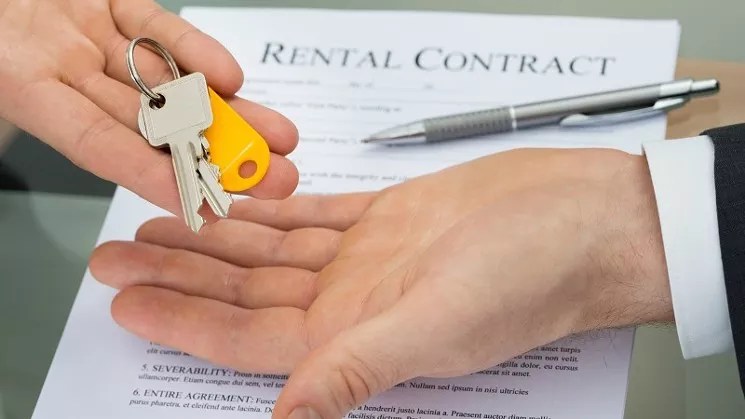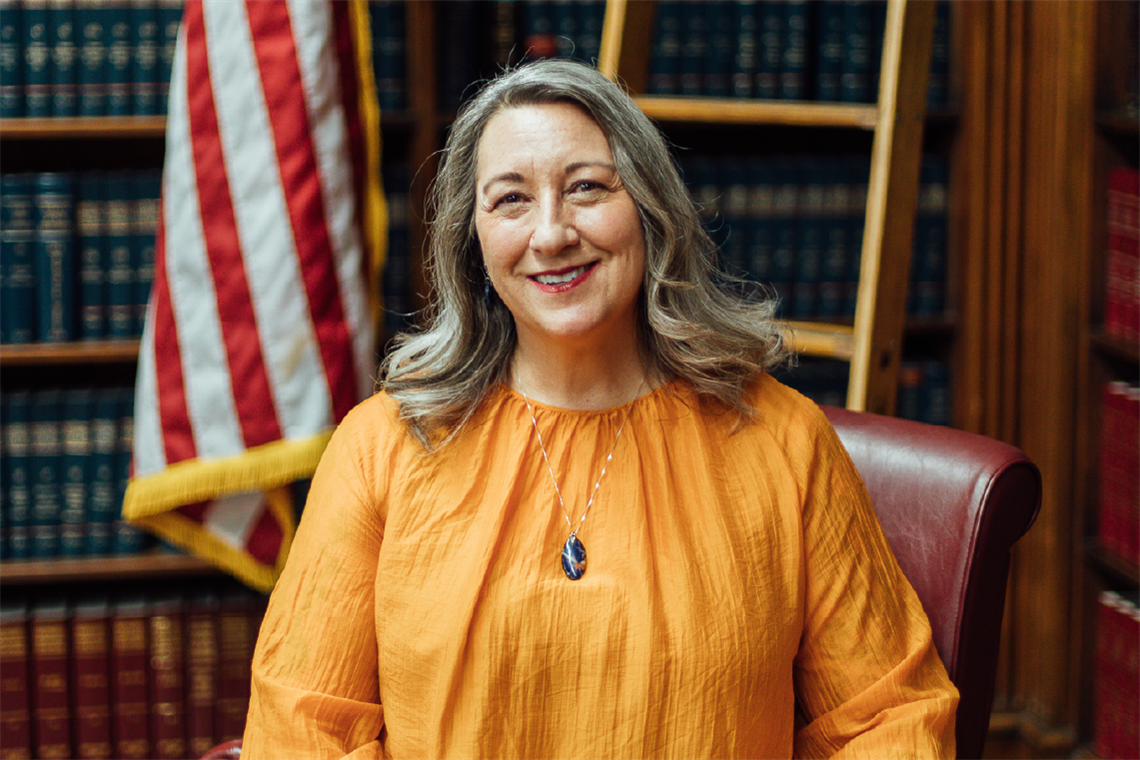
Getty Images

Audio By Carbonatix
The Denver Department of Excise and Licenses has launched the residential rental licensing program required after Denver City Council passed the Healthy Residential Rentals for All ordinance last May, which was designed to even the playing field between renters and landlords.
“We’ve got plenty of data that shows a lot of people live in rentals that do not meet our minimum housing standards in the City and County of Denver,” says Denver City Council President Stacie Gilmore, who advocated for the program. Those minimum housing standards include having running water, a safe entry and exit, and a pest- and mold-free environment.
Gilmore was motivated to pursue the ordinance after hearing about a family living in unsafe conditions in Green Valley Ranch. The family had paid $5,000 to cover a security deposit and the first month’s rent, only to realize that the home had black mold and exposed electrical wires. The Denver Department of Public Health and Environment stepped in and made the landlord fix those problems, she says; it turned out that the property had been a meth house and the landlord hadn’t done any remediation before renting it again.
Gilmore recognizes that the Green Valley Ranch example is just one of many problems across the metro area. She experienced unsafe conditions when she lived in Westminster, she says.
“When I had my first child, we were living in a trailer, and in cold weather like this, the water would constantly freeze because it wasn’t insulated under the trailer,” she recalls. “Having a brand-new baby and coming home after being out all day, and you go to turn on the water or go to the restroom and try to flush the toilet and there’s no running water: It really hits home when you have to live in those sorts of conditions.”
Along with protecting renters, the program will also collect some key information that the city has been missing: the number of rental properties actually within Denver city limits.
“For the first time in Denver’s history, we’re going to finally know exactly how much rental stock we have and create a communication stream between the city, the landlord and the tenant to make sure that there’s equitable sharing of resources,” Gilmore says.
The new program will roll out over two years. As of January 2022, property owners are required to provide a written lease and copy of the Denver Tenant Rights and Resources to renters when any new lease is signed, and to provide an additional copy of Denver Tenant Rights and Resources if a rent demand or eviction is served.
The Denver Department of Housing Stability created the Denver Tenant Rights and Resources document last fall, in accordance with requirements in the Healthy Residential Rentals Ordinance. HOST worked with the eviction legal assistance providers with which it contracts to develop the document, which then went through legal review by the Denver City Attorney’s Office.

Denver City Council President Stacie Gilmore pushed the new program.
denvergov.org
But the big change is the licensing portion of the program. By 2023, any landlord who rents out more than one rental in the same location will be required to have a license. By 2024, anyone who operates single rentals will be required to have a license.
According to Eric Escudero, director of communications for the Denver Department of Excise and Licenses, his department thinks there are around 50,000 eligible properties, making this the largest expansion of required licensing in Denver’s history. Prior to this, the city’s largest licensing program was for security guards, who account for around 8,000 licenses.
And the city is incentivizing property owners to get licensed early by reducing the application fee from $50 to $25 from now until the end of 2022. In addition to the application fee, licenses will cost $50 for a single dwelling unit, $100 for two to ten units, $250 for eleven to fifty units, $350 for 51 to 250 units, and $500 for 251 or more units.
The fee structure was designed so the cost wouldn’t impact prices for renters. “In our stakeholder outreach, we wanted to make sure that we weren’t creating a bigger cost burden to folks who were renting out multi-family apartments, because many times folks that are renting in those big apartment complexes are folks that are on very, very fixed incomes and are most vulnerable to displacement,” Gilmore says.
Since the licenses are valid for four years, Escudero doesn’t think landlords will raise rents to cover the licensing program. “Anyone who says, ‘Well, this is gonna just cause me to raise my rent,’ you’ve got to really wonder about the sincerity of that,” he suggests.
In order to receive a license, a property must be approved by a third-party inspector who ensures that it meets rental standards that include fire safety, pest control, building code, and proper water and room temperatures. Inspectors will determine the cost of the inspection and must be certified by the American Society of Home Inspectors, the International Association of Certified Home Inspectors or the Master Inspector Certification Board, as well as by the International Code Council.
Gilmore says her goal was to make renters feel empowered to speak up if they’re being mistreated; landlords who don’t meet standards will face consequences. While the program doesn’t change the inspection process when a complaint is made through the Denver Department of Public Health and Environment, it gives tenants a tool outside of a lawsuit.
“If you are a lower-income person who is just struggling to make your rent month to month, it can be very difficult for you to have a legal fight with your landlord or property management company who is not fixing things that need to be fixed,” Escudero says. “With this tool, it gives the city a better opportunity to hold non-responsible landlords or property managers accountable.”
Excise and Licenses has a standard process for all licensees: When a business or person might be out of compliance on a license, the city holds a hearing. Those hearings can result in a fine to get in compliance or the revoking of a license.
Escudero emphasizes that most landlords are in compliance with the standards, and the program isn’t designed to be punitive. “Our goal is not January 1, [2023], we find someone who hasn’t gotten licensed yet to immediately issue a notice violation or fines or things like that,” he says. “We’re really going to focus on trying to get compliance and really give people time to understand the licenses, understand the licensing requirements.”
If a license is revoked, the landlord will no longer be allowed to rent in the city. But in order to avoid displacement, tenants living in a property whose license has been revoked would have the duration of their lease to find somewhere else to live. If there’s a situation hazardous enough to warrant immediate relocation, the city would help them find temporary housing.
Until the program is fully underway, renters who believe their landlords are violating rental standards can call 311 to report the property to the Denver Department of Public Health and Environment.